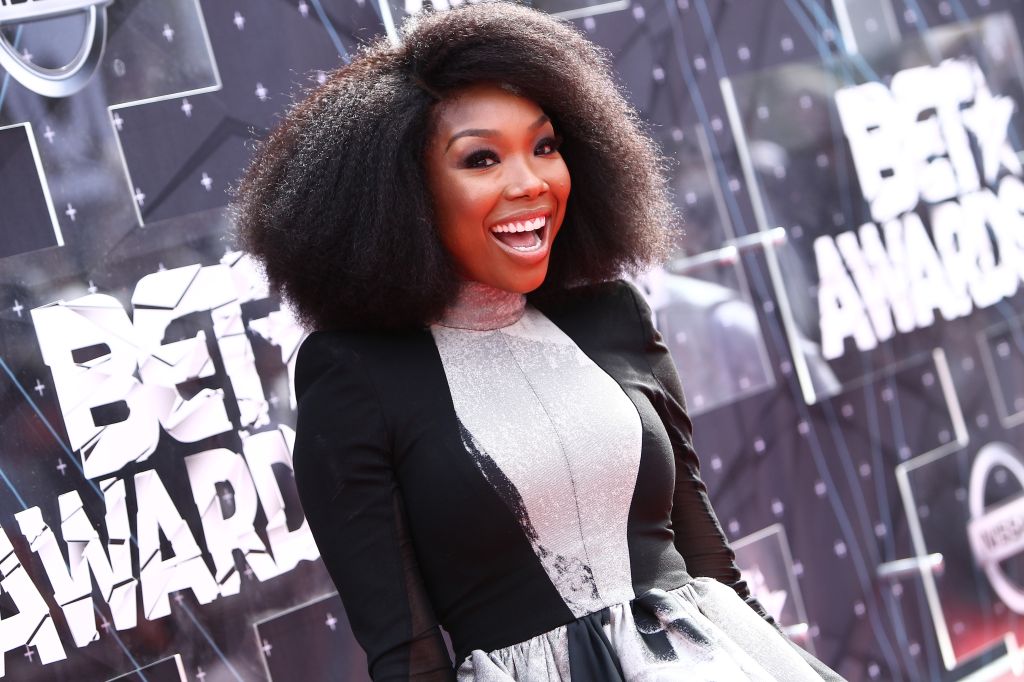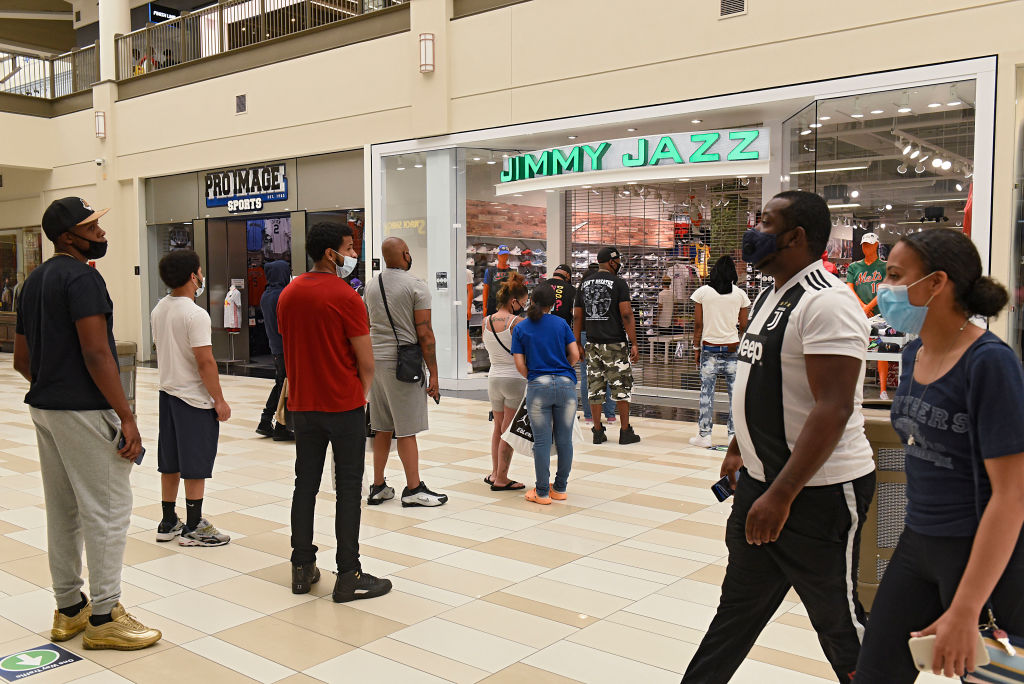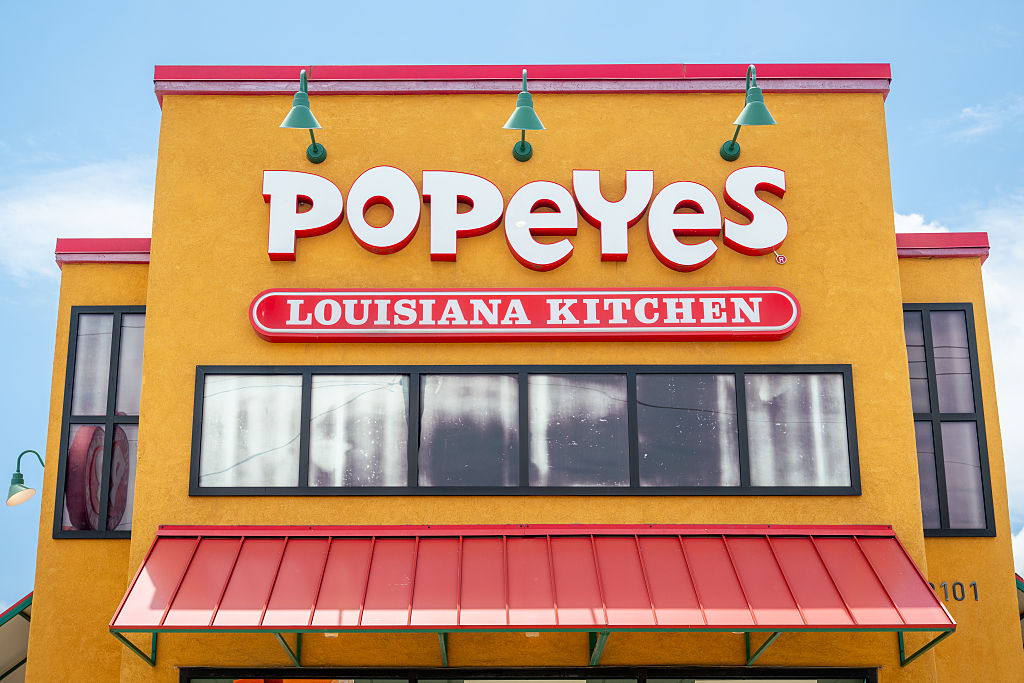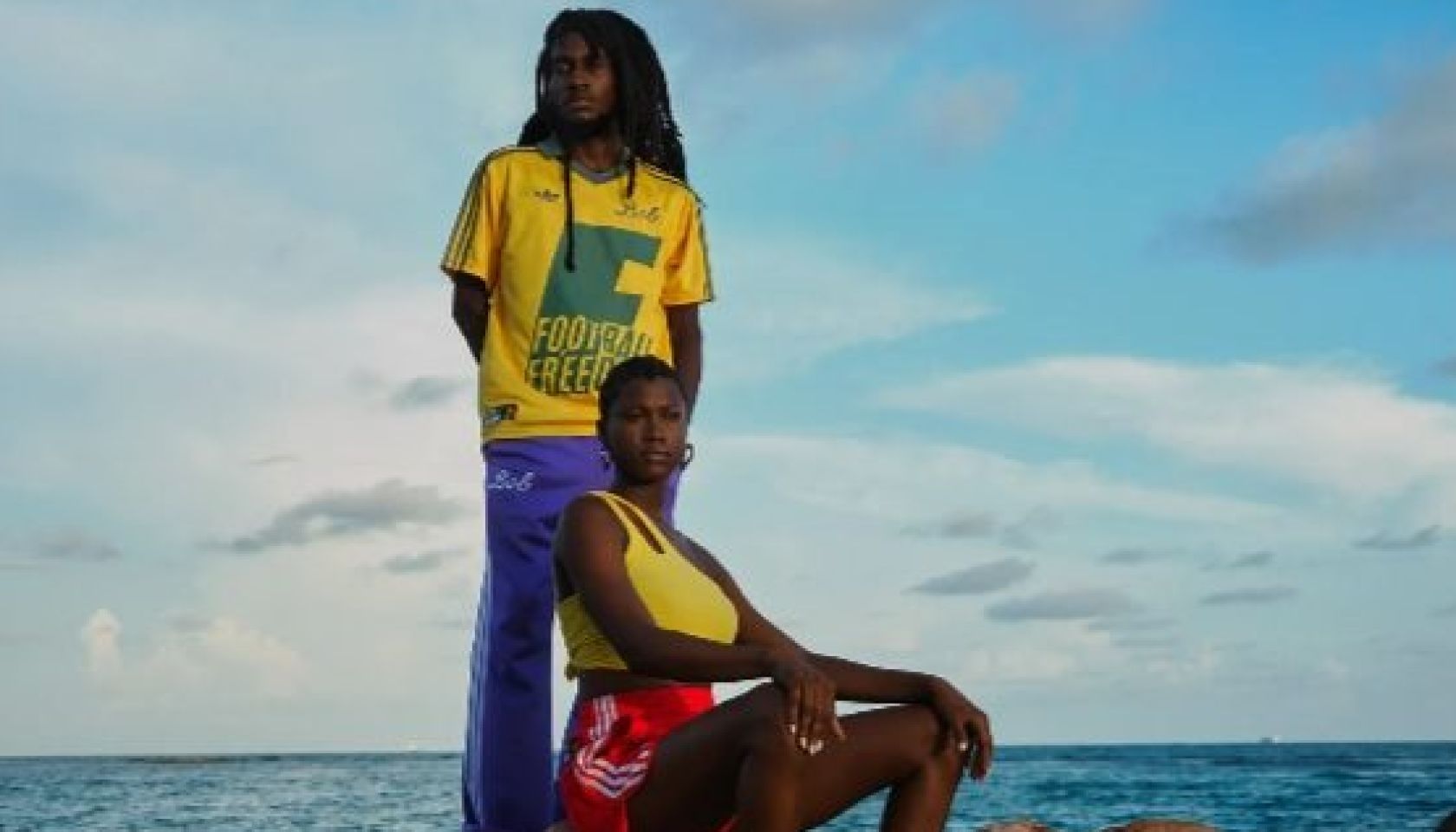9 Brands You Thought Were Black-Owned But REALLY Aren't
9 Brands You Thought Were Black-Owned But REALLY Aren’t
Ever find yourself grooving to BET, rocking a Def Jam tee, or lathering up with some Dark & Lovely, all while thinking, “Support Black business!”? Hate to break it to you, but you may have been tricked by some seriously clever branding. Welcome to the identity illusion era, where brands are marketed to Black consumers, speak the language of the culture, and in some cases, were even founded by Black entrepreneurs, but ultimately, they’re no longer (or never were) Black-owned.
Let’s take a look at nine surprising names that feel Black-owned but aren’t.

9. Black Entertainment Television (BET)
“Black” is literally in the name. BET was founded by media mogul Robert L. Johnson in 1980 and quickly became the go-to channel for Black music, culture, and entertainment. But in 2001, Johnson sold BET to Viacom for a whopping $3 million, the media giant behind MTV and Nickelodeon. The sale made Johnson America’s first Black billionaire, a major win, but also a major ownership change. Today, BET is owned by Paramount Global (formerly ViacomCBS), not a Black-owned company.
8. Def Jam Records
The label that helped launch LL Cool J, Public Enemy, and later Jay-Z and Kanye West was co-founded by Russell Simmons and Rick Rubin in 1984. Simmons sold half of Def Jam to Polygram in 1994, then offloaded his remaining stake to Universal Music Group for $100 million in 1999. These days, Def Jam is a global label under the UMG umbrella, not Black-owned.
According to Music Business Worldwide, by the end of 2022, major investors like Bill Ackman and Fidelity Holdings had confirmed their stakes in Universal Music Group (UMG) to financial regulators. However, the shareholdings of most other investors hadn’t been updated since September 2021, when UMG officially went public on the Euronext Amsterdam stock exchange.
Bill Ackman’s investment in UMG is managed through a fund called “PS VII Master LP,” where “PS” stands for Pershing Square, his hedge fund. Through Pershing Square and its affiliates, Ackman acquired a 10% stake in UMG for approximately $4 billion during the summer of 2021. Meanwhile, Vincent Bolloré’s ownership in UMG is spread across several entities, including Bolloré Participations SE, Bolloré SE, and Omnium Bolloré, reflecting his long-standing influence in the company through a network of holding firms.
7. Marc Ecko (Ecko Unlimited)
Streetwear with graffiti flair? Sounds hip-hop, right? Well, Marc Ecko is a white designer from New Jersey who launched his line Ecko Unlimited in the early ’90s. He never claimed to be Black but successfully tapped into urban fashion by blending skate, graffiti, and hip-hop aesthetics. His iconic rhino logo? Just a bold design choice, not a symbol of African roots.
According to the Post-Gazette, the rhino logo for Ecko Unlimited was inspired by Marc Ecko’s father’s collection of wooden rhino figurines. Ecko felt that a rhino, with its powerful and somewhat rugged image, would be a strong visual hook for his brand. The idea paid off in the end, garnering millions for the fashion designer long term.
In 2009, Ecko sold his legendary brand to Iconix, giving up a 51% stake for $63.5 million in cash and $90 million in financing for the joint venture, Vibe reported. He went on to found Complex Media, the world’s leading media site for entertainment news, fashion, lifestyle, sports, and streetwear culture. Ecko was appointed to serve as the brand’s chief creative and innovation officer in April, according to WWD.

6. Jimmy Jazz
Despite sounding like a cousin of Sean John or Rocawear, Jimmy Jazz was founded by James Khezrie, a white entrepreneur from Brooklyn. The name? Inspired by a song by British punk band The Clash (yep, really). With 120+ stores and brands like Baby Phat and Coogi on the shelves, it’s a cornerstone in urban retail, but it’s not Black-owned.
Now, Khezrie is a major player in the real estate world. He is the founder of CityView Commercial, a real estate company specializing in the “strategic acquisition and proficient management of opportunistic commercial real estate assets,” the company’s website notes.
5. Dark & Lovely
From perms to no-lye relaxers, this brand has been a staple in Black haircare since the ’70s. It was originally created by Black chemists, but L’Oréal, the French beauty conglomerate, acquired Dark & Lovely in 1998. Empowering packaging? Absolutely. Black-owned? Never! Just look at who currently sits on the Board of Directors at L’Oréal. Not a Black person in sight.
4. Cantu Beauty
Cantu’s curly hair products are a favorite in many Black households, but the brand is actually owned by PDC Brands, a beauty company based in Connecticut. The brand’s imagery and focus on textured hair create a strong cultural appeal, but it’s not Black-owned.
3. Shea Moisture
This one really stings. Shea Moisture was founded by Richelieu Dennis, a Liberian-American entrepreneur, who built it on his grandmother’s recipes. But in 2017, Dennis sold Shea Moisture’s parent company, Sundial Brands, to Unilever for an estimated $1.6 billion, Forbes notes. While Dennis stayed on in a leadership role and launched initiatives to support Black entrepreneurs, the brand is now owned by a multinational corporation.

2. Popeyes
Let’s take a moment to spotlight a prime example of how branding can blur the lines of ownership: Popeyes. With its mouthwatering Louisiana-style menu — think gumbo, collard greens, and spicy fried chicken — it was thought for decades that the brand’s famous spokesperson, named “Annie,” was the owner. But that image, while flavorful, isn’t the full story.
Since 2009, actress Deidrie Henry has helped Popeyes promote its delectable fast food to homes around the world, appearing in numerous commercials, according to Portland Center Stage, but she is not the founder. It was founded in 1972 by Al Copeland, a white entrepreneur from New Orleans. Over the years, Popeyes has heavily marketed to Black communities and has a notable number of Black franchisees.
Still, ownership matters, and today, the brand is owned by Restaurant Brands International, the same corporate giant behind Burger King and Tim Hortons. Moral of the story? Delicious branding doesn’t always equal Black ownership. Always follow the money.
1. The George Foreman Grill
The George Foreman Grill was famously named after the legendary boxer, and he did help market the popular cooking device tremendously. But Foreman didn’t own the brand; he was a paid spokesperson. As previously reported, Foreman was approached by inventor Michael Boehm in the ‘90s about selling the world-famous grill, according to Boehm’s 2016 interview with Entrepreneur. Upon sending the boxer a sell sheet and prototype of the kitchen appliance, initially, Foreman was “skeptical” about selling the product, Boehm revealed.
“It wasn’t until Foreman’s wife got involved that they really took it seriously,” he said.
After some convincing, Foreman eventually agreed to be a spokesperson for Boehm’s unique invention and went on to sell over 100 million grills. He became a familiar face on television, often seen promoting the device while wearing an apron.
These brands have undoubtedly contributed to Black culture and visibility, but branding, advertising, and cultural alignment don’t always equate to Black ownership. So, next time you’re shopping with a “buy Black” mindset, check the receipts, literally and figuratively.
SEE ALSO:
Black-Owned Wellness Clubs Empowering Safe Spaces
Black History Month: 10 Black-Owned Wellness Brands
9 Brands You Thought Were Black-Owned But REALLY Aren’t was originally published on newsone.com









